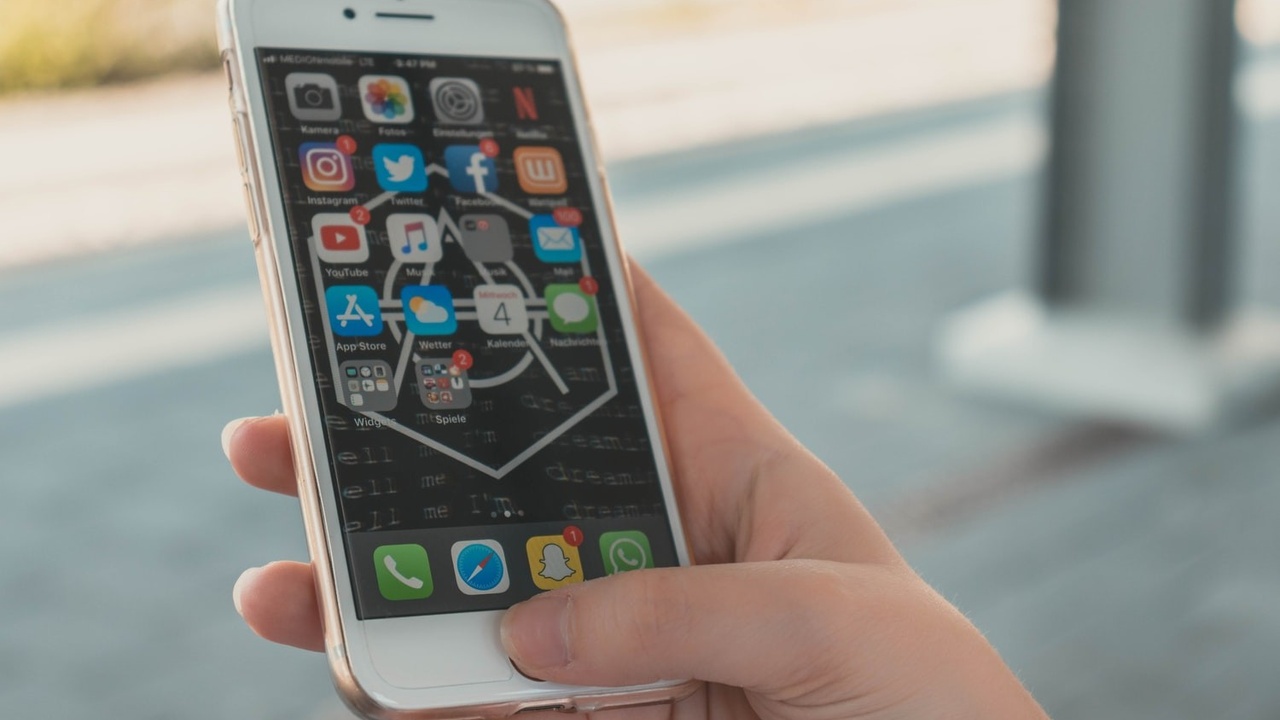A Push Notification is an extremely powerful App Marketing tool. Implementing Push Notifications into your
App Marketing Strategy can
increase user retention by up to +20%. Unfortunately, some businesses abuse the tool by blasting out impersonal notifications to user’s devices that annoy them.
You want to be a business that deploys personalised Push Notifications to its user’s, at the times they want to see and engage with them. Businesses now, more than ever have data on their users, to help marketeers and developers create and build Push Notifications that are tailored to their users’ specific interests.
Personalise your notifications
This might sound obvious but knowing your user’s activity and behaviours isn’t helpful unless you find a way to apply this within your messaging. When creating a Push Notification, you want to make sure that the message is direct and is something that they’re interested in.
You should be using behavioural attributes such as Cart Abandonment, or even Geolocation to create reactive, trigger-based messages. As with all digital marketing campaigns, you should experiment with your targeting and segmentation until you have optimised performance to a level where you’re satisfied with the results.
Always test, test, test!
Use rich media
Rich Push Notifications allow you to include images, short videos, and interactive buttons, within the notification. Since users aren’t always going to open your messages due to the competitive landscape of mobile apps; utilising rich media is a great way to make your notifications stand out from the crowd.
For example, if you’re marketing a Retail App you could feature a GIF of items in your sale within your message to show what users are missing out on or if you’re marketing a Sports App you could use Interactive Buttons to ask your users to vote on who they think will win the game.
(Try to be as creative a possible!)
Think about time of send
If you’re marketing a global App, with users across the world you need to remember that everyone will be using your App in different time zones, meaning that users won’t engage with your App at the exact same time. Because of this, you need to make sure that you’re sending Push Notifications at the most appropriate times for your target audience.
You can deploy your Push Notifications in a variety of different ways such as: sending them immediately, sending them to a user by time zone and if your Push Notification Platform is advanced, they typically have a Send Time Optimisation extension.
Sending your Push Notifications immediately is appropriate if you have an urgent message to communicate to your users. For example, if you wanted to announce some
‘Breaking News’ or if you wanted to launch a
‘Limited Time Only’ sale.
Time zone is probably the most important thing to consider when deploying your Push Notifications. For example, if you were running a ‘Limited Time Only’ promotion that expired at 10.00pm GMT; you may want to work out the 10.00pm GMT equivalent in each time-zone you are sending too. Otherwise this might mean some of your users are receiving your message whilst they’re sleeping or at an un-socialable hour.
As previously mentioned some Push Notification platforms also have a Send Time Optimisation extension that delivers your messages based on when the individual user is most likely to engage with your App. Meaning your messages will be sent and hopefully opened at the most optimal time.
Use emojis
Who doesn’t love emojis? Emoji’s can help to increase engagement for your Push Notifications. This is due to their ability to convey what words can’t and give a sense of emotion to what you’re trying to communicate to your users. Perhaps try replacing a word with an emoji. Or use them at the end or after your message to amplify what you’re trying to communicate.
Make sure you A/B test
Let’s say you’ve applied all of the above practices to your Push Notifications, although you’ve seen a slight increase in performance you should ensure to implement an A/B testing strategy that allows you to fully understand your target audience’s reactions to your messages.
You can do this how you like but I would recommend testing different variables on it’s own such as testing a rich media message versus without and so on.
Written by Rebekka Powell






